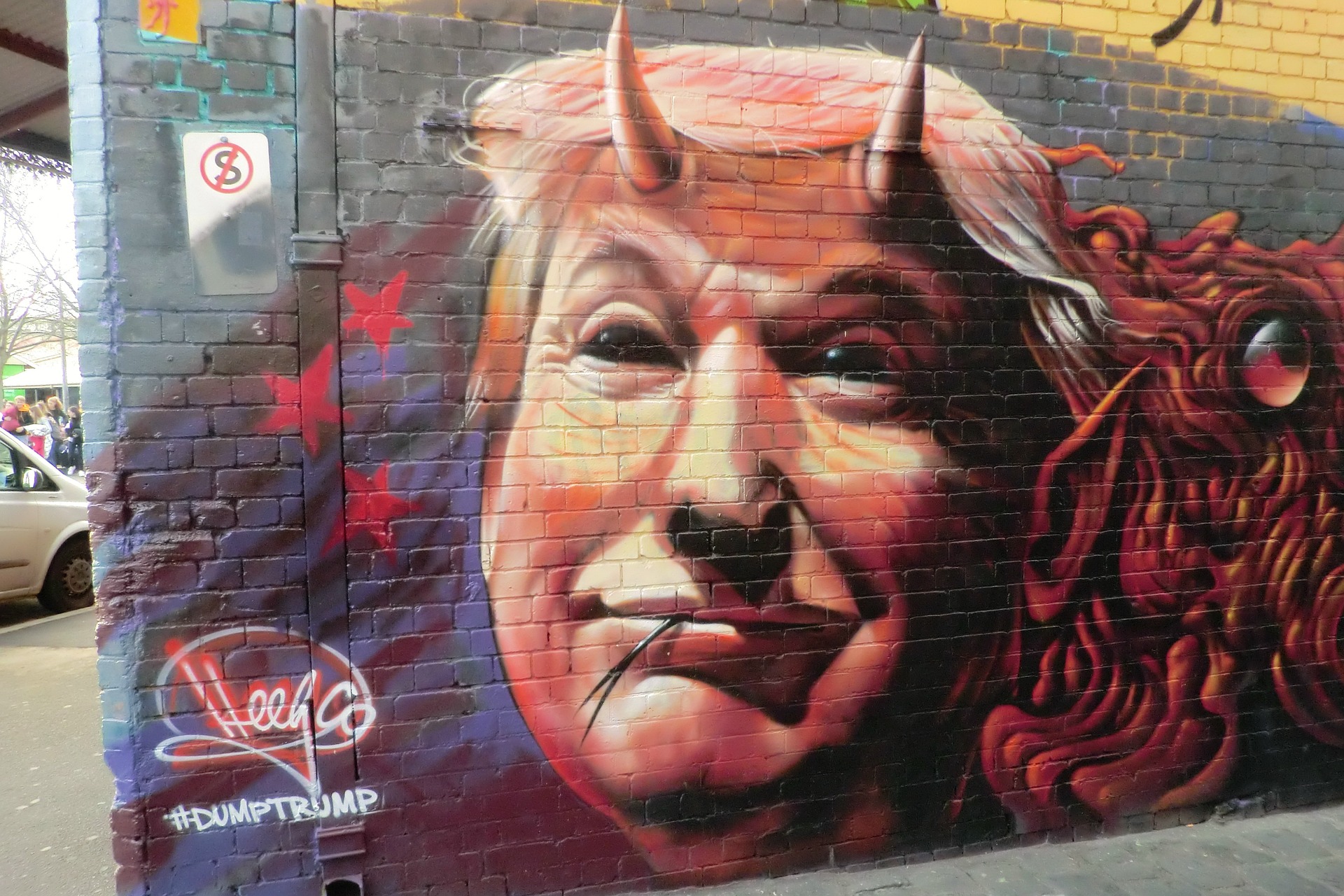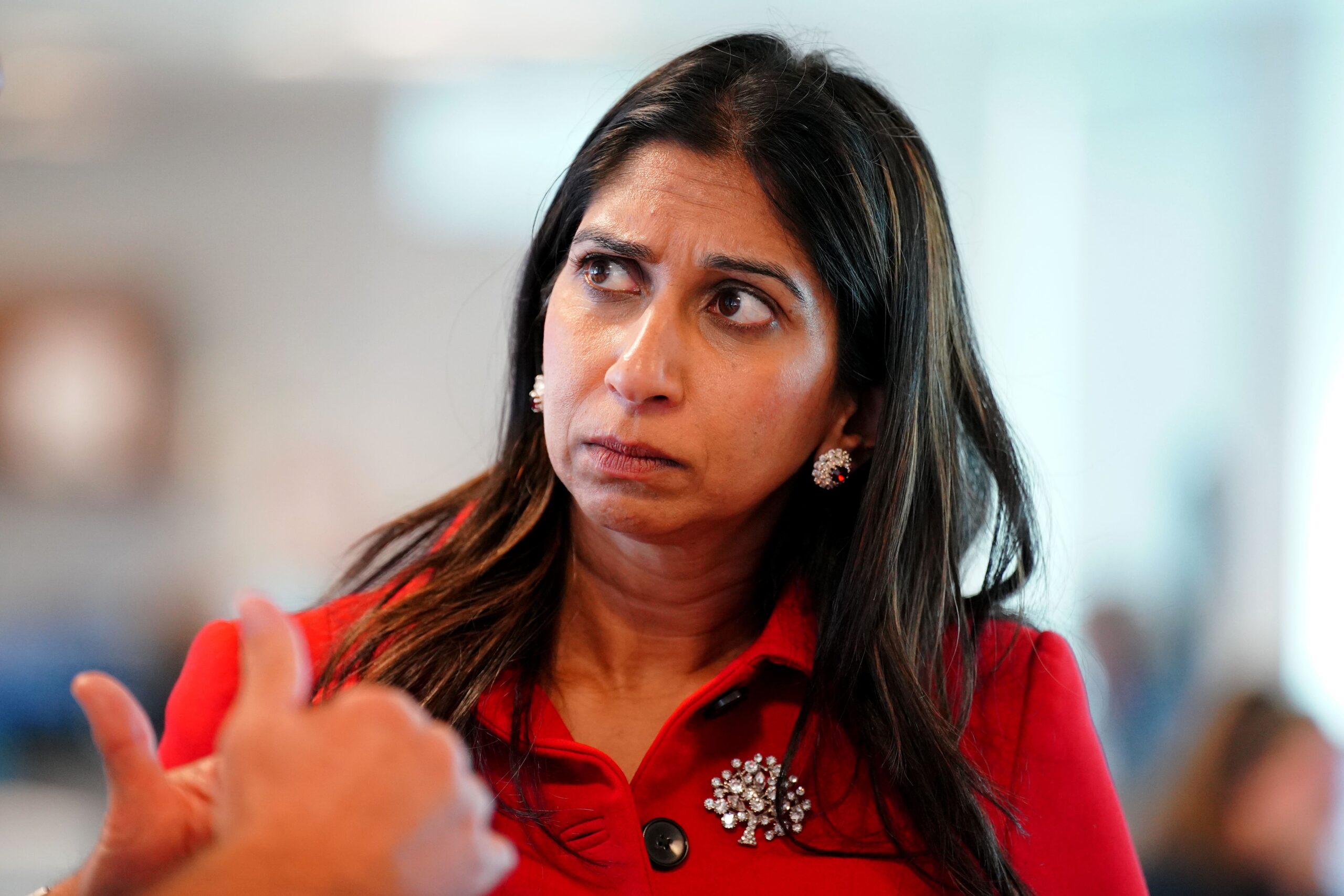In recent years, right-wing populism has surged across Europe and the United States. This surge is driven by economic strain, cultural warfare, and hostility towards immigrants. This movement is spearheaded in the UK by figures like Nigel Farage. It significantly threatens the country’s democratic fabric and national unity. Farage’s brand of populism undermines the values of tolerance and inclusivity. It also reveals a dangerous opportunism. This opportunism endangers the UK’s standing in the world.
Economic Strain and Cultural Warfare
Farage’s rise is rooted in exploiting economic grievances and cultural fears. Farage uses tactics similar to those of Donald Trump in the US and Marine Le Pen in France. He capitalizes on economic dissatisfaction and frames immigrants as threats to traditional values. He portrays cultural changes as threatening. This strategy fosters division and distracts from addressing the real economic issues affecting the country.
The 2008 financial crisis and the 2015 refugee crisis significantly bolstered right-wing populist support across Europe. As mainstream parties struggled to address these challenges, populists like Farage gained traction. They promised to restore national sovereignty and prioritize native citizens over immigrants. This approach superficially appeals to those facing economic hardships. However, it deepens societal divides and scapegoats vulnerable communities. It fails to promote genuine economic reform.
Undermining Democratic Values
Farage’s populism is also marked by an erosion of democratic norms. By perpetuating falsehoods and fostering cynicism towards democratic institutions, Farage and his allies weaken the very foundations of democracy. This is evident in their frequent attacks on the media, judiciary, and electoral processes. Farage’s rhetoric often mirrors the tactics of other populist leaders. They aim to consolidate power by undermining public trust in democratic institutions.
For instance, Trump’s baseless claims of election fraud in the US serve as a cautionary tale. Viktor Orban’s manipulation of electoral systems in Hungary also illustrates this point. Farage aligning with these figures shows a shared disdain for democratic principles. He exploits public discontent for political gain. This trend poses a serious threat to the UK’s democratic integrity and global reputation as a bastion of democracy.
The Irony of Farage’s Patriotism
Farage often portrays himself as a staunch patriot, yet his actions frequently contradict the values of true patriotism. Genuine patriotism involves a commitment to the country’s well-being, unity, and democratic principles. In contrast, Farage’s divisive rhetoric and support for authoritarian figures reflect a narrow, self-serving vision of patriotism. This vision prioritizes personal and political gain over national interest.
For example, Farage’s recent appeasement of Vladimir Putin contrasts sharply with his professed love for Britain. Putin’s actions in Ukraine threaten European stability. This contradiction is striking, especially considering his frequent references to historical events like D-Day. These events symbolize resistance against tyranny and oppression. Farage’s opportunistic stances reveal a pattern of prioritizing political expediency over genuine patriotic values.
The Danger of Populist Alliances
Farage’s ambition to merge his Reform UK party with the Conservatives highlights the dangers of his populism. It underscores his far-right agenda. An alliance like this would push the political spectrum rightward and cloak divisive policies in respectability. This potential merger poses a significant threat to the UK’s political stability and social cohesion.
Polling indicates that Farage’s popularity is not as widespread as his media presence might suggest. Even among Conservative supporters, many prefer leaders like Keir Starmer over Farage, highlighting his divisiveness. Yet, the enduring presence of right-wing populist sentiment in the UK indicates ongoing political challenges, irrespective of Farage’s future.
Conclusion: A Call for Unity and Democratic Integrity
Farage’s right-wing populism represents a dangerous and unpatriotic force within UK politics. Farage and his allies jeopardize national unity and integrity by exploiting economic and cultural fears, undermining democratic values, and forming opportunistic alliances. To combat this trend, the UK must reaffirm its dedication to democratic principles, inclusivity, and genuine patriotism, prioritizing all citizens’ well-being.
As the UK navigates the complex challenges of the 21st century, rejecting the divisive and corrosive influence of right-wing populism is essential. By fostering unity and upholding democratic values, the UK can ensure a future that honors its rich history and stands as a beacon of hope and resilience in an increasingly polarized world.














Kremlin Election Interference - Heather Herbert
[…] and influence UK political discourse. The pages’ support for Nigel Farage’s populist Reform UK party is particularly troubling, given the party’s potential impact on the upcoming […]